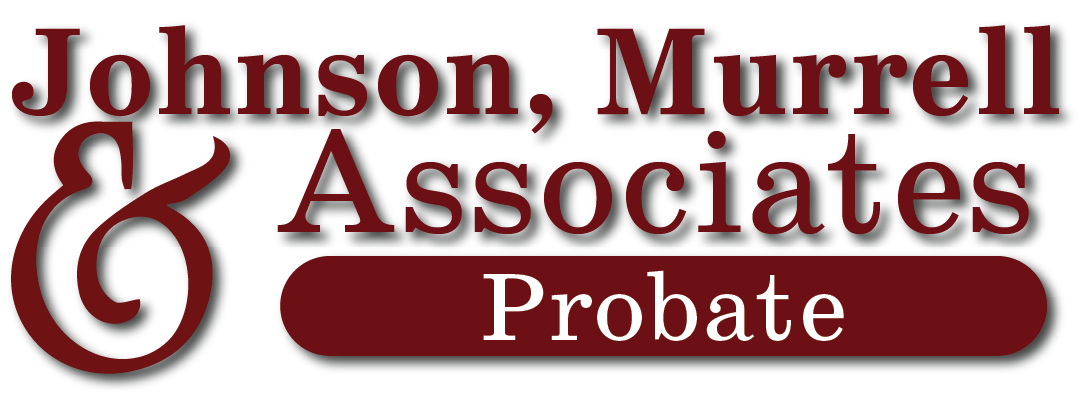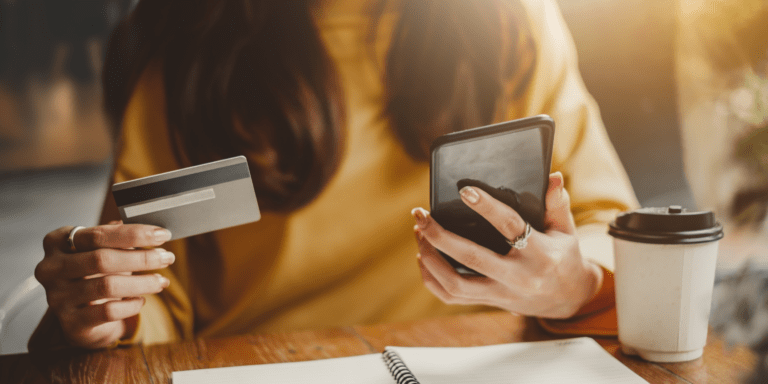When a loved one passes away, your voicemail should be full of condolences from friends and family—not calls from debt collectors. Unfortunately, these calls will come, and debt collectors aren’t always known for their patience or sympathy. If you’re a surviving family member, you might wonder if your loved one’s debt now belongs to you. Fortunately, this is rarely the case.
A person’s debts remain after they pass away and collection agencies may contact you. In most cases, the deceased’s debts are settled from their estate. You can request written debt information for validation. Working with Johnson, Murrell & Associates helps ensure that there’s no confusion and debts are settled correctly.
What To Do if You Get a Call from a Collection Agency
The debts of a loved one don’t automatically disappear when they pass away, and you may still receive calls from collection agencies regarding those payments. Understanding the process and your responsibilities in these situations will help you be able to move forward.
It’s crucial to know that a relative’s debts aren’t frozen just because they have passed away. This means that their creditors may continue to seek repayment from the deceased’s estate. It also means you might still receive calls from collection agencies about making those payments.
The number one rule when you receive these kinds of calls is not to assume that you have to pay. You can’t inherit someone’s debt, and you’re not personally responsible for the deceased’s debts unless you cosigned for a loan or are a joint account holder. The responsibility for settling debts lies with the estate of the deceased.
If you’re unsure about the legitimacy of the debt, you have the right to request that the collection agency send information about it in writing. This can help you verify the debt and understand your obligations.
Under the Fair Debt Collection Practices Act (FDCPA), you can ask for details such as the:
- Amount owed
- Name of the creditor
- Supporting documents that validate the debt
Take the necessary time to review and understand this information before taking any action.
Who Can a Debt Collector Contact about the Deceased’s Debt?
When a relative dies, debt collectors must follow strict legal guidelines when trying to collect any outstanding debts. The FDCPA protects family members from abusive, unfair, or deceptive practices by debt collectors.
Under this law, collectors can only discuss the deceased person’s debts with specific individuals. This includes the deceased person’s:
- Spouse
- Executor
- Administrator
A lawyer, personal representative with the authority to pay debts from the estate, or a confirmed successor in interest for the deceased person’s real estate also qualify. Parents or legal guardians fall under this category if the deceased was a minor.
If you fall into one of these categories, you have specific rights when dealing with debt collectors. For instance, collectors:
- Can’t contact you before 8 a.m. or after 9 p.m. unless you agree
- Can’t contact you at work if you tell them not to
- Must stop contacting you by email or text if you request it
Additionally, the debt collector must provide validation information about the debt during the first call or within five days after first contacting you. This information must include the:
- Debt collector’s name and mailing address
- Total amount owed with a breakdown of interest, fees, payments, and credits
- Name of the creditor
- Instructions on what to do if you believe the debt isn’t yours
- Your rights under debt collection laws
- Tear-off form to dispute the debt or take other actions
This process ensures transparency and allows you to verify the legitimacy of the debt before taking any steps.
Who Is Responsible for a Deceased Relative’s Debt?
When a loved one dies, their debt becomes the responsibility of their estate. This means that the money owed is paid from the assets and funds they left behind.
Legally, family members typically don’t have to pay a deceased relative’s debts from their own pockets. Instead, the estate is responsible and is managed by an executor or administrator. They oversee the payment of any outstanding debts using the estate’s assets.
If the estate doesn’t have enough money to cover all the debts, those debts usually remain unpaid. Creditors might get a portion of what’s owed based on the available assets, but they generally can’t go after surviving family members for the remaining balance.
There are exceptions, such as if a family member co-signed a loan or is a joint account holder. In these cases, the family member might be responsible for the debt.
It’s also important to understand that different types of debts are handled in specific ways. Secured debts, like mortgages or car loans, are attached to property and must be settled before transferring ownership. Unsecured debts, like credit card bills, are paid after secured debts and other higher-priority obligations.
Knowing these details can help family members manage the estate more effectively. This ensures they aren’t unfairly burdened by the deceased’s financial obligations.
When To Contact a Probate Attorney in East Tennessee
Contact Johnson, Murrell & Associates if you’re unsure of what to do or feel confused by the debt-paying process after a loved one’s death. We specialize in estate and probate law, providing expert guidance on properly handling the deceased’s debts.
Our legal team can help you understand your rights and obligations. This ensures that you don’t mistakenly assume responsibility for debts you’re not liable for. Additionally, we can assist in dealing with debt collectors, protecting you from unfair or deceptive practices.
Johnson, Murrell & Associates helps you navigate this complex process with confidence and peace of mind, ensuring that your loved one’s estate is properly managed.

A person’s debts endure even after they pass, resulting in collection agencies reaching out to you. Knowing your obligations is crucial. Luckily, the deceased’s debts are resolved from their estate, not by you, unless you’re a cosigner. You can seek written debt details for confirmation. Partnering with Johnson, Murrell & Associates guarantees clarity and proper debt resolution.
At Johnson, Murrell, & Associates, we understand that handling a loved one’s estate and bills after their passing is an emotional, stressful experience. Our job is to make your life easier, which means guiding you through the process so you understand what’s to come. To schedule a consultation, call us at 865-453-1091 or schedule an appointment.



